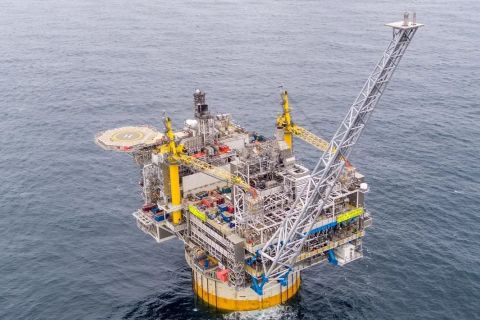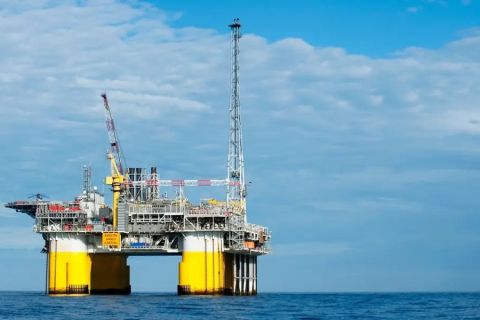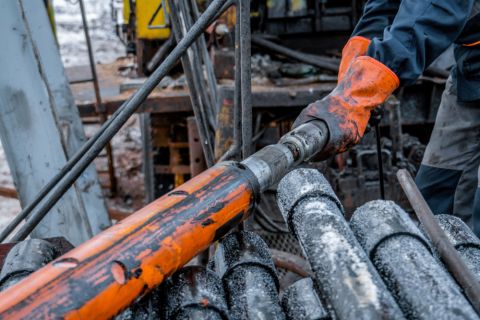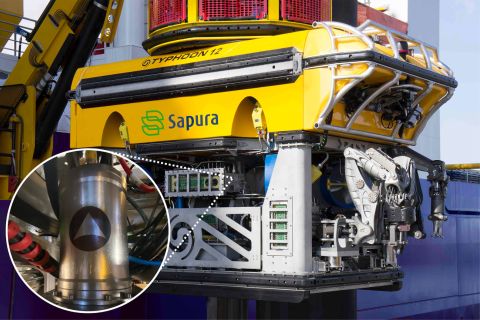Kinder Morgan Inc. on April 21 posted a quarterly profit that breezed past estimates, helping the U.S. pipeline operator raise its annual earnings forecast, on a demand surge for natural gas and electricity during the February winter storm.
The company’s shares rose 2.7% in extended trading.
A deep freeze that swept parts of the U.S. last quarter knocked out nearly half of Texas power plants and sent prices for natural gas and electricity to record levels. Kinder Morgan benefited from the shortage as it released gas and sold electricity at prices that were hundreds of times higher than normal for several days.
“Our previous investments in our assets, particularly on our gas storage assets, were a huge help. We were on maximum withdrawal for days at several of our fields,” CEO Steven Kean said on a post-earnings call.
Though natural gas transport volumes were down 3% overall amid the lingering impact on demand from the COVID-19 pandemic, Kinder Morgan’s natural gas pipelines unit still saw adjusted income grow by almost 80%.
The company also benefited by cutting production and electricity usage at a unit that produces oil and industrial CO₂, its heaviest power-consuming business in Texas.
That unit’s power contract allowed for it to be compensated for lower usage at the prevailing market price, which had shot up to as much as $9,000 per megawatt-hour, Kean said.
The first-quarter performance helped Kinder Morgan raise its full-year net income forecast to as much as $2.9 billion, from a $2.1 billion expectation outlined at the end of the fourth quarter.
Excluding items, the company earned 60 cents per share, well above estimates of 24 cents, according to Refinitiv IBES data.
Kinder Morgan also raised its dividend by 3% to $1.08 per share for 2021.
Revenue also rose sequentially to $5.21 billion, above analysts’ average estimate of $3.03 billion.
Recommended Reading
Subsea Tieback Round-Up, 2026 and Beyond
2024-02-13 - The second in a two-part series, this report on subsea tiebacks looks at some of the projects around the world scheduled to come online in 2026 or later.
2023-2025 Subsea Tieback Round-Up
2024-02-06 - Here's a look at subsea tieback projects across the globe. The first in a two-part series, this report highlights some of the subsea tiebacks scheduled to be online by 2025.
TGS, SLB to Conduct Engagement Phase 5 in GoM
2024-02-05 - TGS and SLB’s seventh program within the joint venture involves the acquisition of 157 Outer Continental Shelf blocks.
StimStixx, Hunting Titan Partner on Well Perforation, Acidizing
2024-02-07 - The strategic partnership between StimStixx Technologies and Hunting Titan will increase well treatments and reduce costs, the companies said.
Sapura Acquires Exail Rovins’ Nano Inertial Navigation System
2024-02-01 - Exail Rovins’ Nano Inertial Navigation System is designed to enhance Sapura’s subsea installment capabilities.





